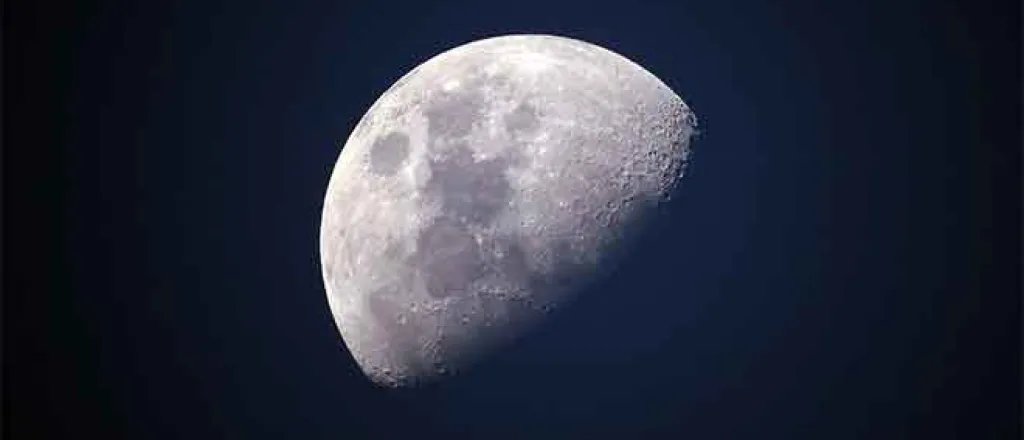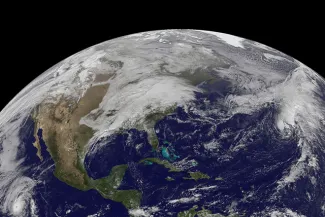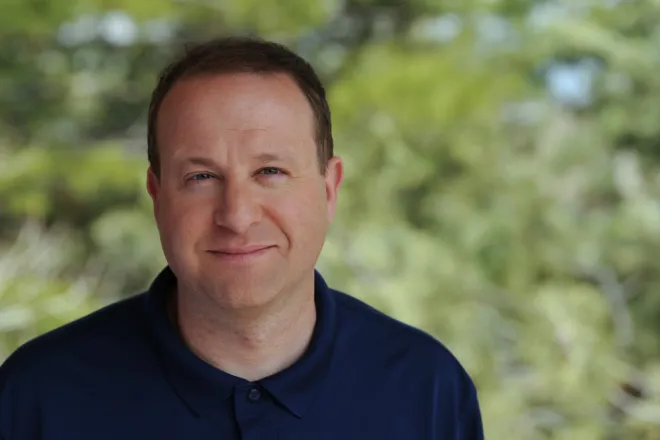
Total solar eclipse will fascinate, mystify observers
Click play to listen to this article.
(Indiana News Service) Excitement and curiosity are building for a scientific phenomenon not seen in the United States since 2017.
April 8, a total solar eclipse will briefly put parts of the U.S., Mexico and Canada in complete darkness. The path of the Great American Solar Eclipse's reach is about 150 miles wide, and Eastern Time Zone residents should expect the eclipse to begin around 3:00 p.m. and last almost 6 minutes.
Bart Cardwell, professor of industrial engineering and aeronautics at Purdue University and director of the NASA Indiana Space Grant Consortium, said for a total eclipse, the entire disc of the sun is covered by the moon.

"This is one of the most impactful, amazing and visible celestial experiences that a human can have," Cardwell enthused.
Viewing sites are expected to draw large crowds, which means some businesses and schools may close for the day. Law enforcement is focusing on public safety and handling traffic gridlock at statewide watch locations. The Indianapolis Motor Speedway will open its doors for thousands of attendees to experience the eclipse.
Ophthalmologists are advising those who plan to observe the eclipse to protect their eyes. A 2024 report in the journal JAMA Ophthalmology showed serious eye damage, even blindness, can occur if eclipse-specific glasses are not worn.
Caldwell cautioned eye damage from a retinal burn from staring at the sun is immediate, although we may not feel the effects right away.
"If you're staring at the sun, you are actually putting lots of that sun's energy onto your retina, where the rods and cones are that allow you to see," Caldwell explained. "You can burn those rods and cones and cause damage. We don't have a way of repairing that damage medically."
The website Space.com reported one case in New York of a woman who viewed the 2017 eclipse for six seconds without the correct glasses. Doctors later diagnosed her with photochemical burns and solar retinopathy, a condition capable of causing blurriness or blindness, and has no cure.













